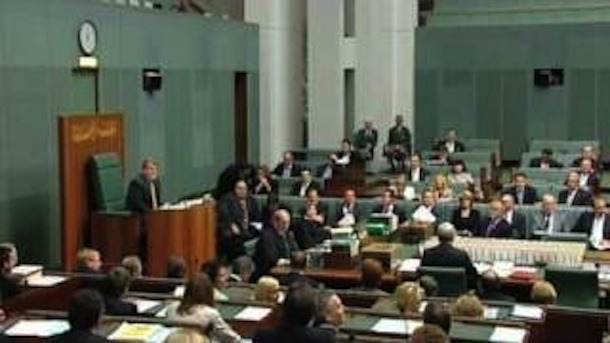16 October 2015
By Stephen Koukoulas
Treasury is a difficult portfolio to master, particularly for those with little or no background in the dark art of economics.
And so it seems with the new treasurer, Scott Morrison, who is clearly having trouble coming to terms with some key economic and policy concepts. Less than a month into the role and Morrison’s public utterances and grasp of fundamentally important issues have not been convincing.
A new slogan, “work, save, invest”, and an analysis of the government’s budget deficit issue as one which is “a spending problem, not revenue” suggests Morrison is either putting politics ahead of economic policy or doesn’t yet understand the linkages in the economy.
When asked in question time this week about the fall in government revenue between the 2014 and 2015 budgets, Morrison fluffed and babbled about the “strong management of our budget” – whatever that means – and in the next breath spoke of expenditure growth and some of the reasons why under the Coalition government spending is near the levels usually reserved for recessions.
Morrison was also asked about perhaps the most fundamental long-run structural issue confronting the Australian economy, the fall in real disposable income per capita.
He waffled. “Real Australian living standards going forward are going to depend on something incredibly important. Australians, as they sit at home today, are concerned about their jobs, their family income and their family circumstances. As they are thinking about these issues, they are looking overseas, they are looking at volatility, they are looking at uncertainty and changes.”
This is the answer a year-12 student who did not study for their economics exam would give in the hope of bluffing the marker with weasel words.
Morrison did not give a hint of understanding that it is the terms of trade decline and persistent sluggish growth in GDP since the global crisis that has meant income per person in Australia is falling.
This decline is not only leading to a general mood of caution among consumers and business, but it is a critical element behind the still-slow growth in tax revenue.
Yes, the economy needs to grow faster. Yes, Australia needs higher productivity growth. Yes, there is volatility, and yes to the bulk of other platitudes Morrison has uttered.
The question is what he and the revamped Coalition are doing.
There is a proverbial truckload of sound ideas in treasury relating to tax, infrastructure, labour-market laws, personal-benefit payments, commonwealth-state relations, the environment, education, and skills and training, among many others. These need to be presented to the treasurer.
To be sure, many of the proposals are politically difficult and, often in the short term, involve some segment of the population losing out. But this is where Morrison needs to immerse himself in the policy detail and then go public on what the most meaningful policy adjustments are, why they are necessary and how they will benefit the economy. In other words, moving from politically driven waffle to matters of substance.
In terms of the rhetorical flourishes, Morrison needs to base his pronouncements on facts, not perceptions. He needs to get the hard data on the size of government spending and taxation, the currently weak labour force data and as noted earlier, the impact of falling per capita incomes. Unless he does this, he risks taking the wrong policy measures to address problems that do not exist.
His predecessor, Joe Hockey, fell victim to overblown rhetoric in the 2014 budget, which advocated a range of extreme policy proposals on government spending to tackling a budget deficit problem that was not only small but was largely the result of weak revenue.
To be sure, it is early days and Morrison may grow into the role as he sees more of the treasury analysis of the economy, as he frames the mid-year economic and fiscal update and prepares the budget in May 2016. For the sake of the economy, which is nervously negotiating its way through falling income, slower population growth, budget deficits and a house-price boom, policy failure will end in tears.

